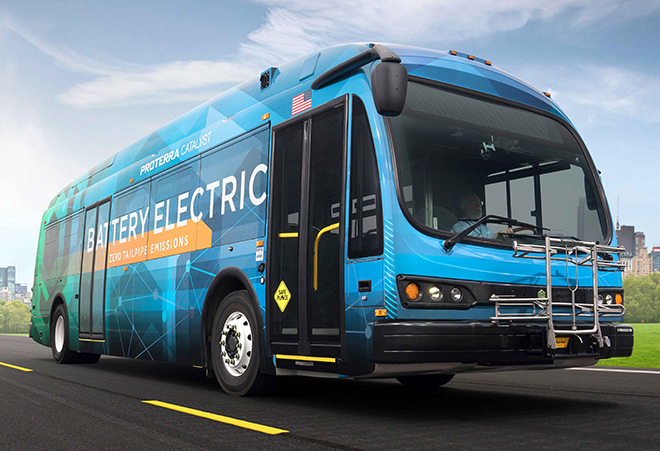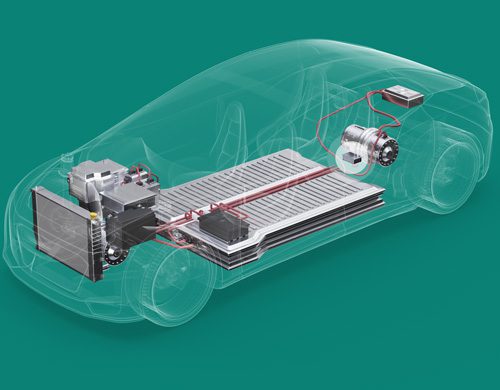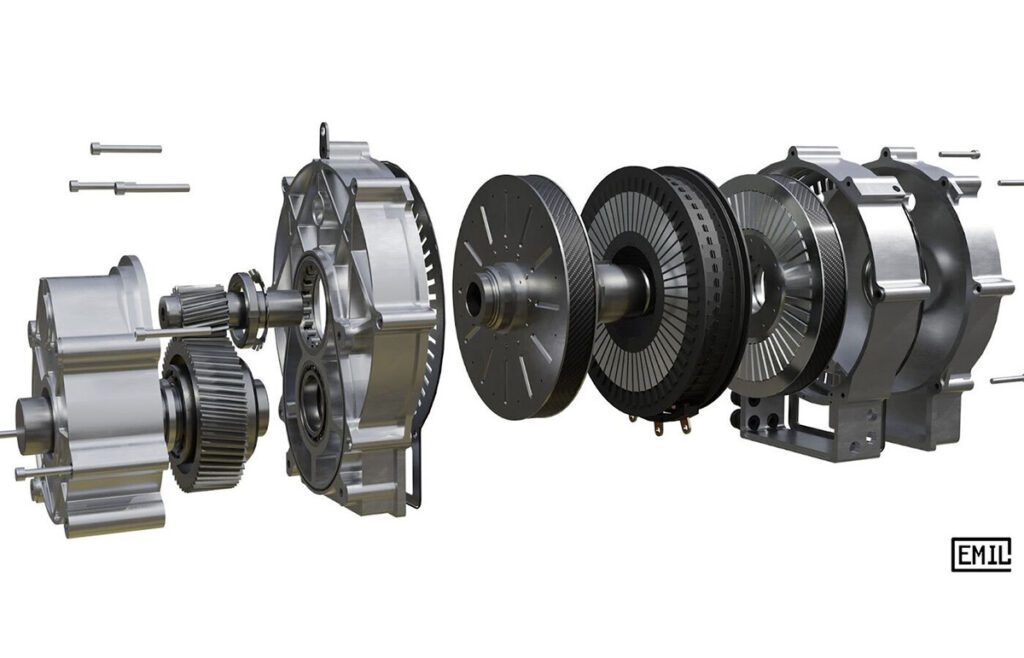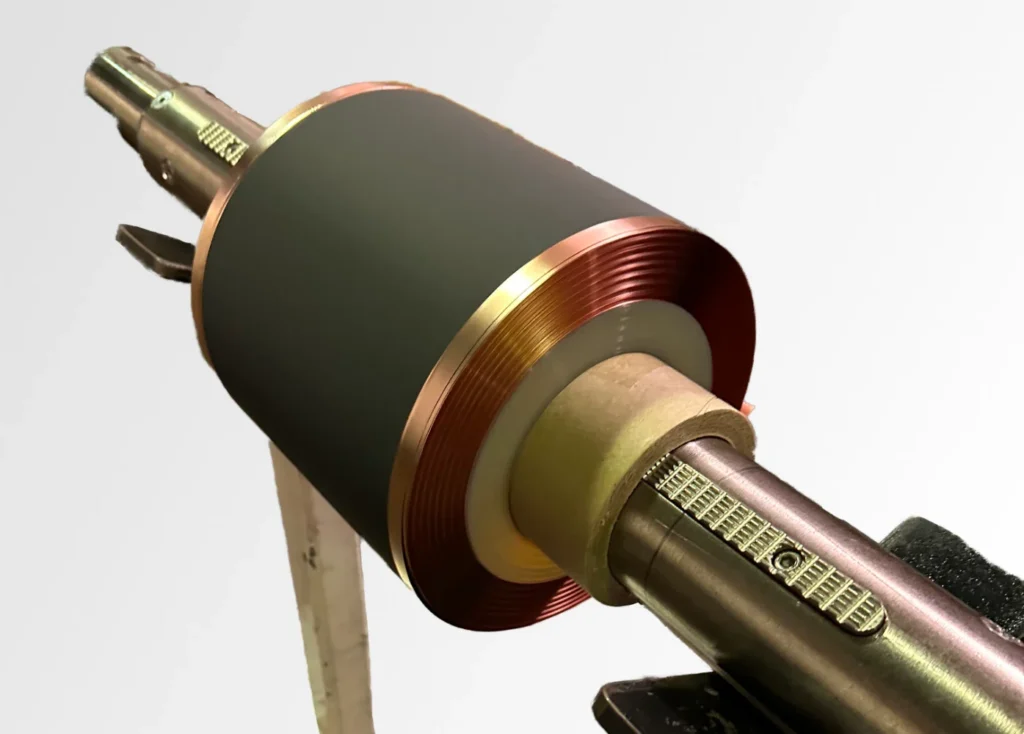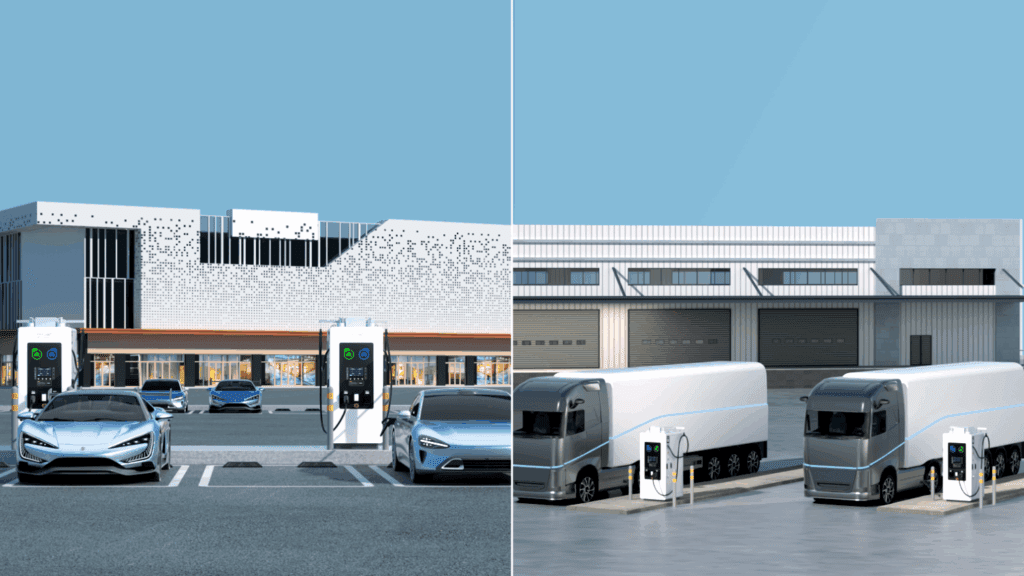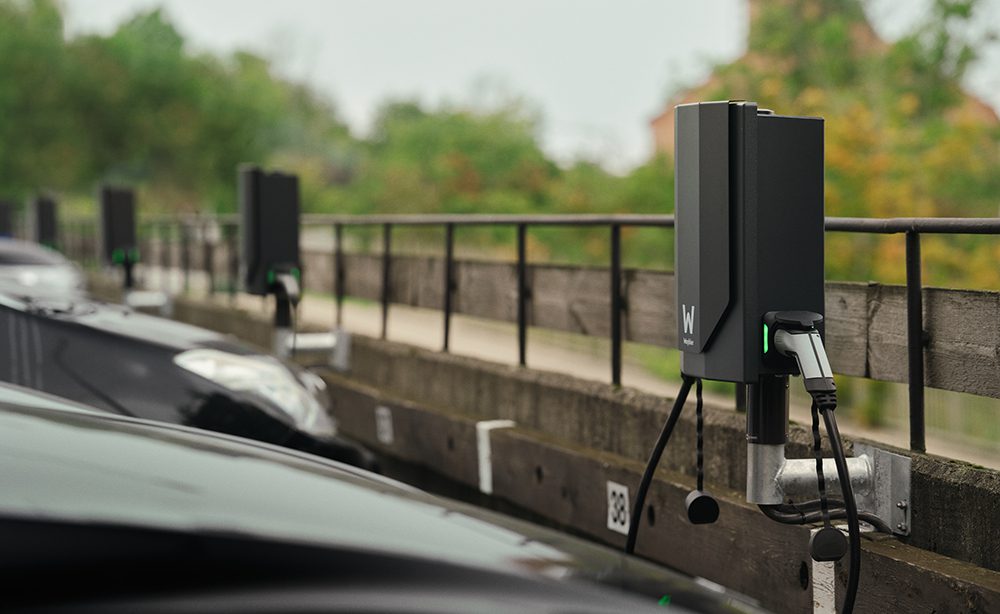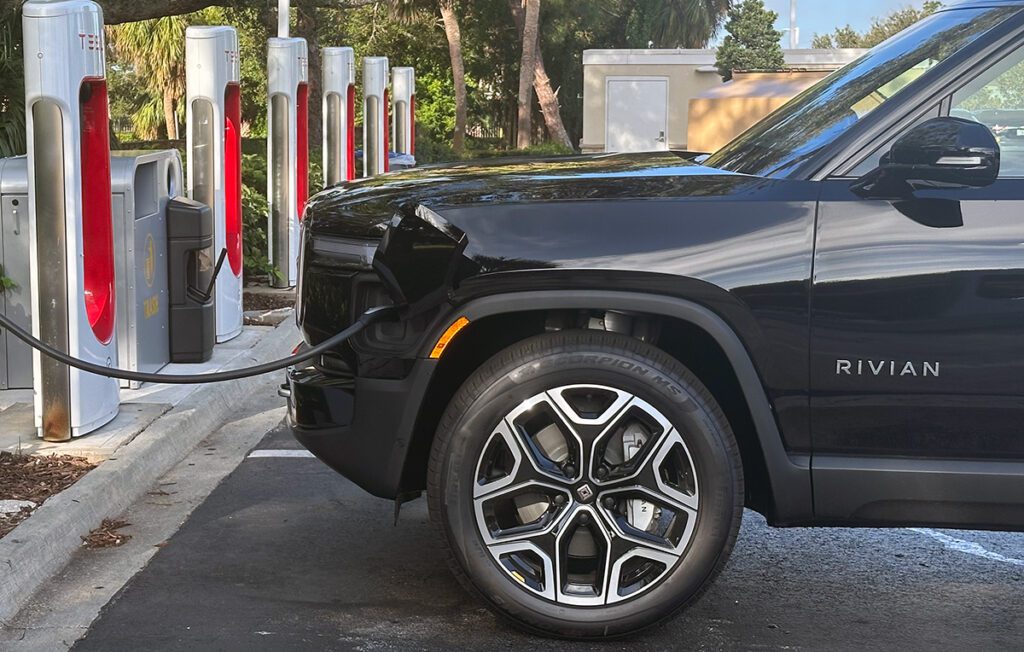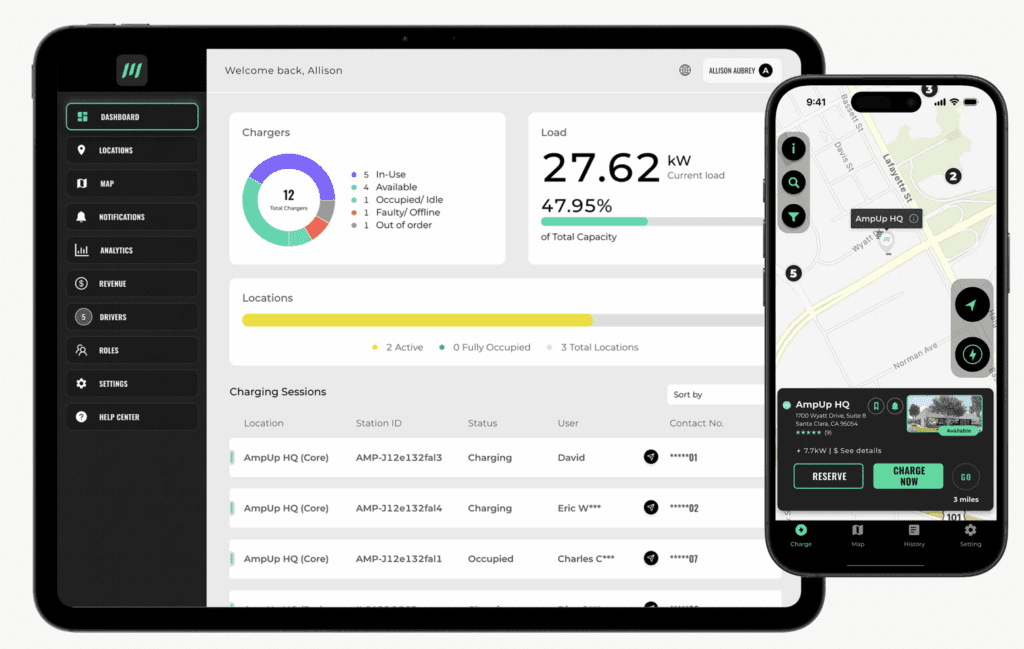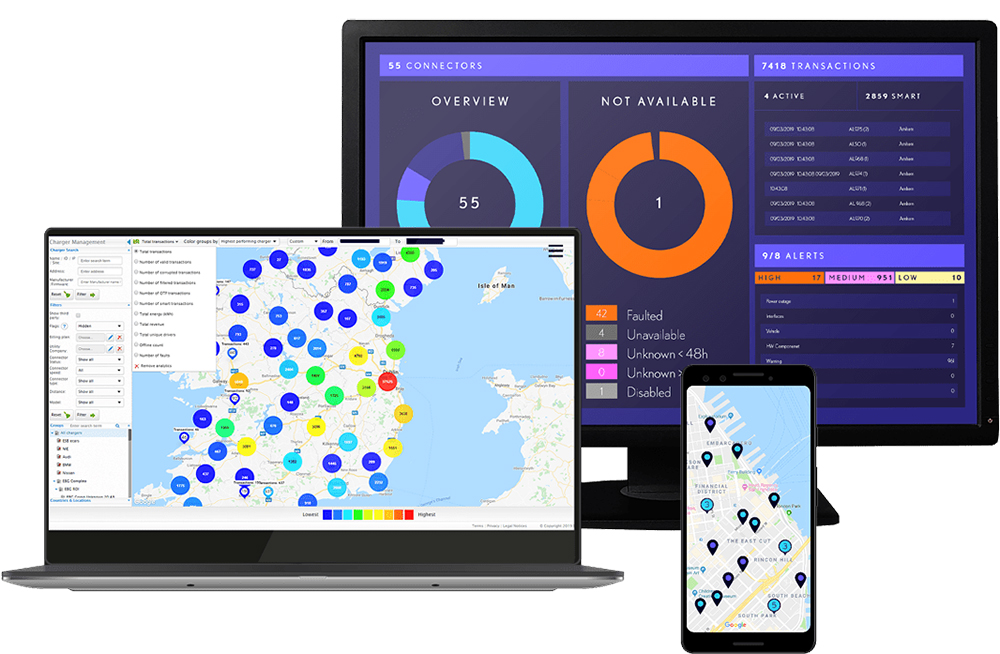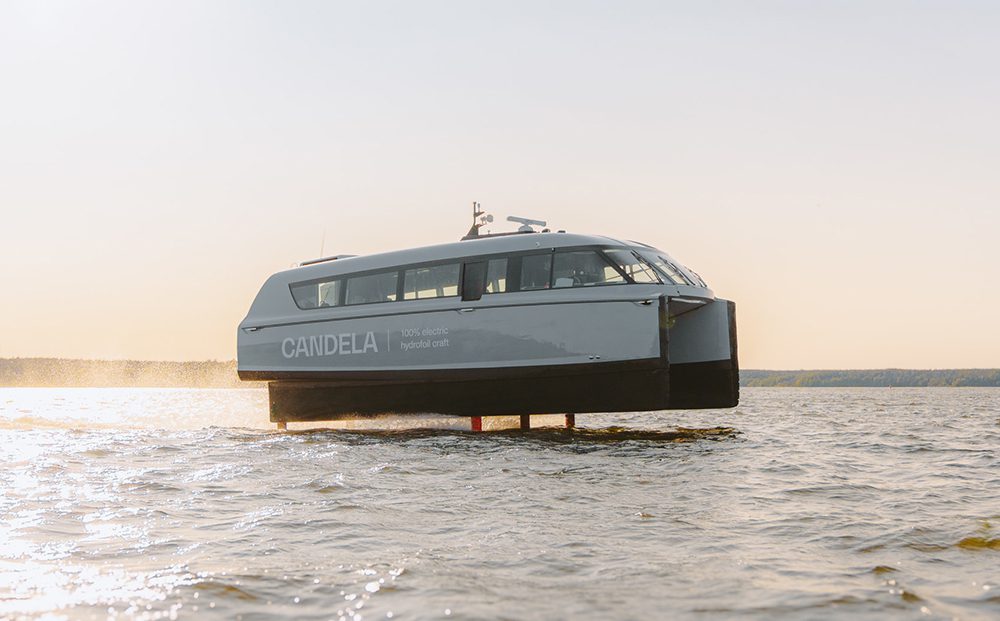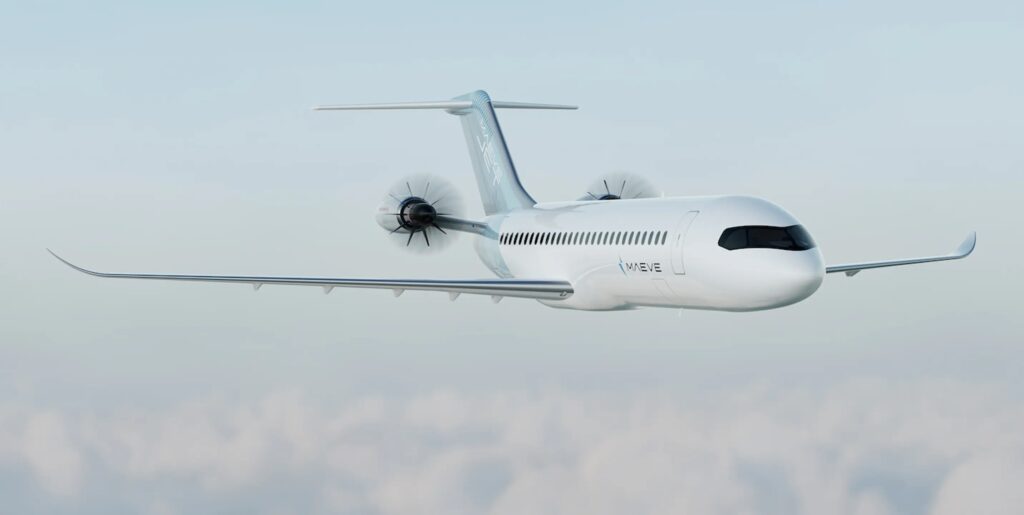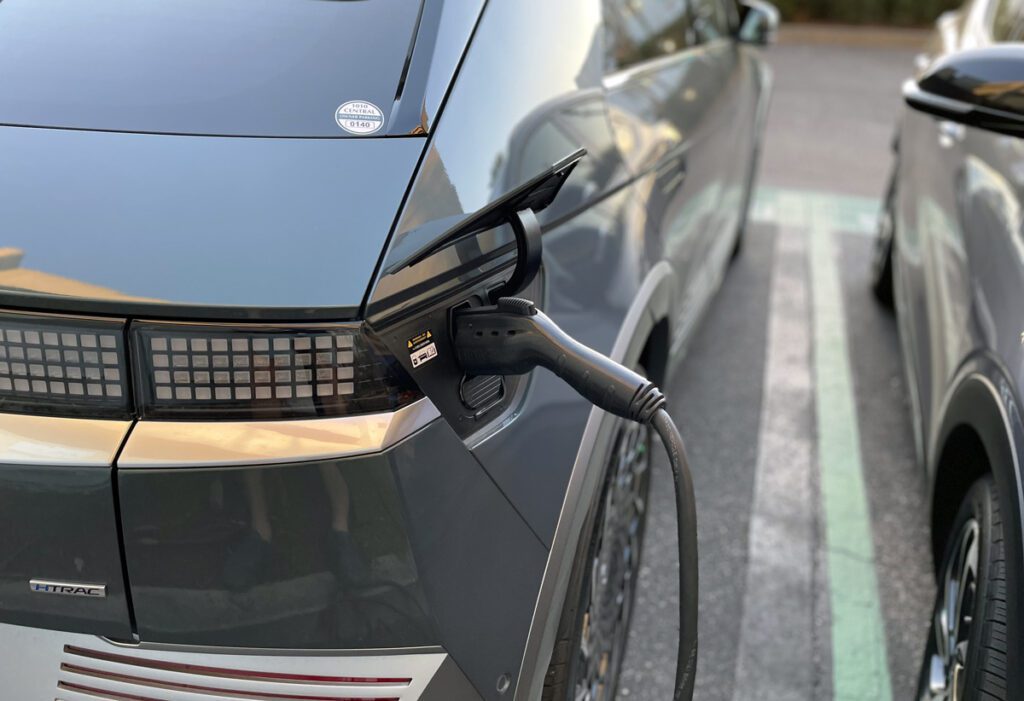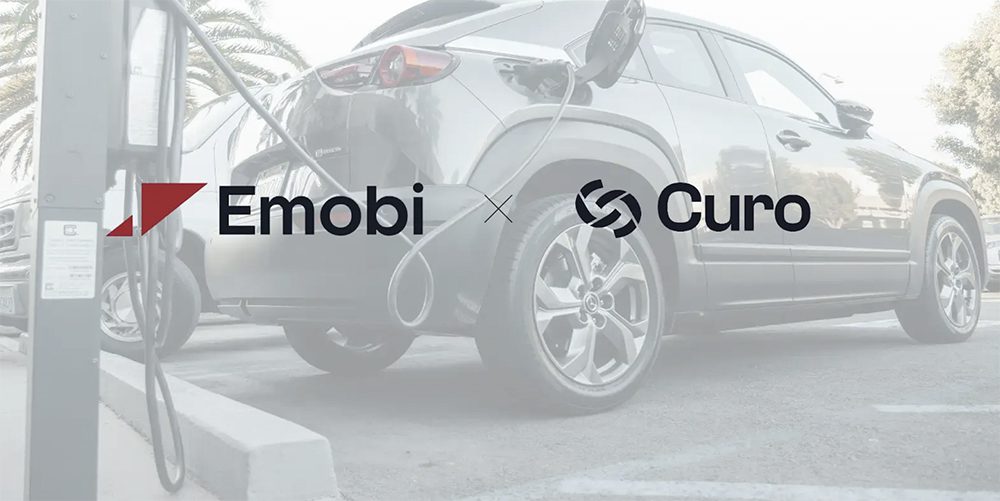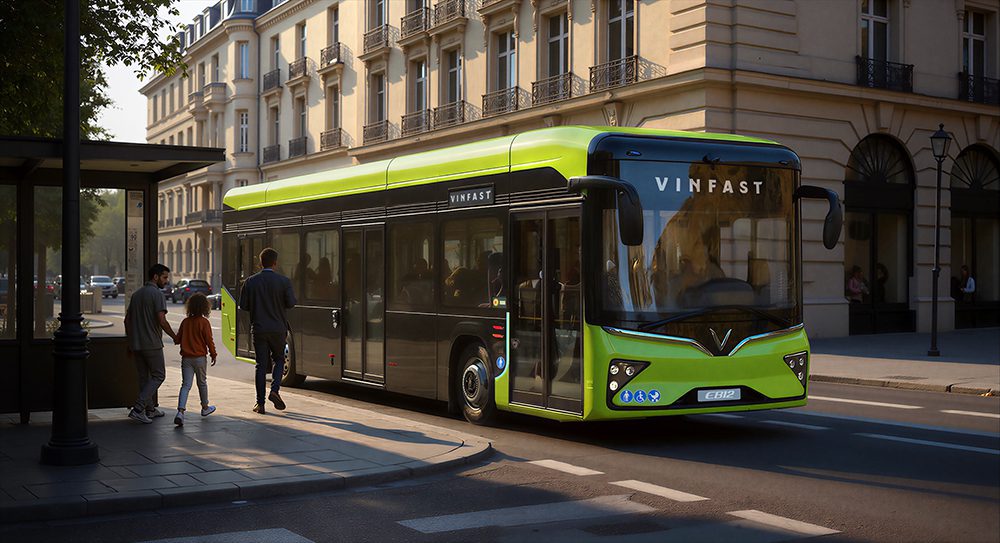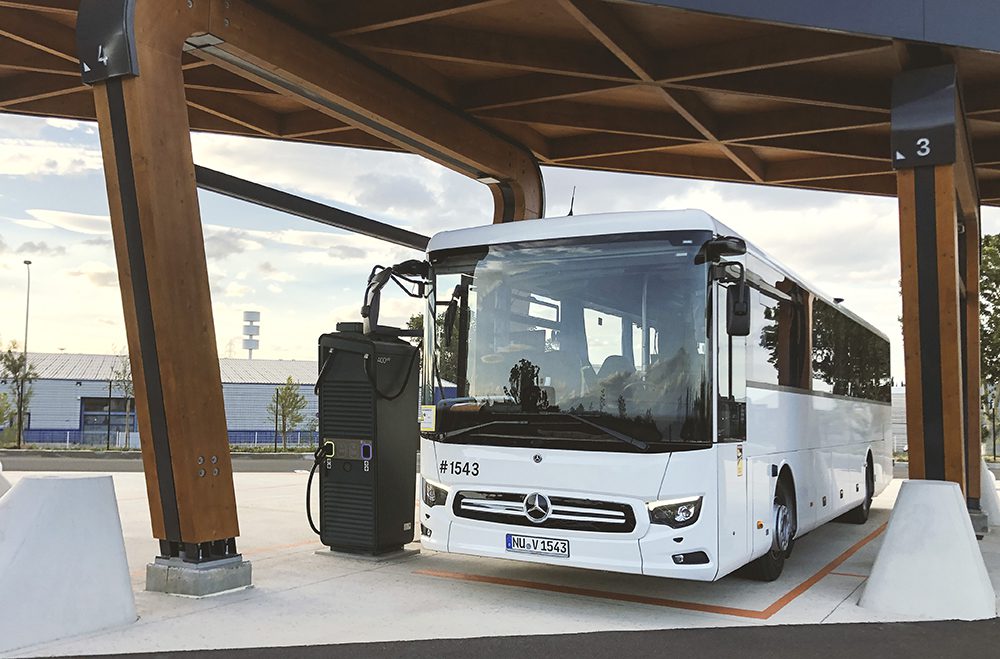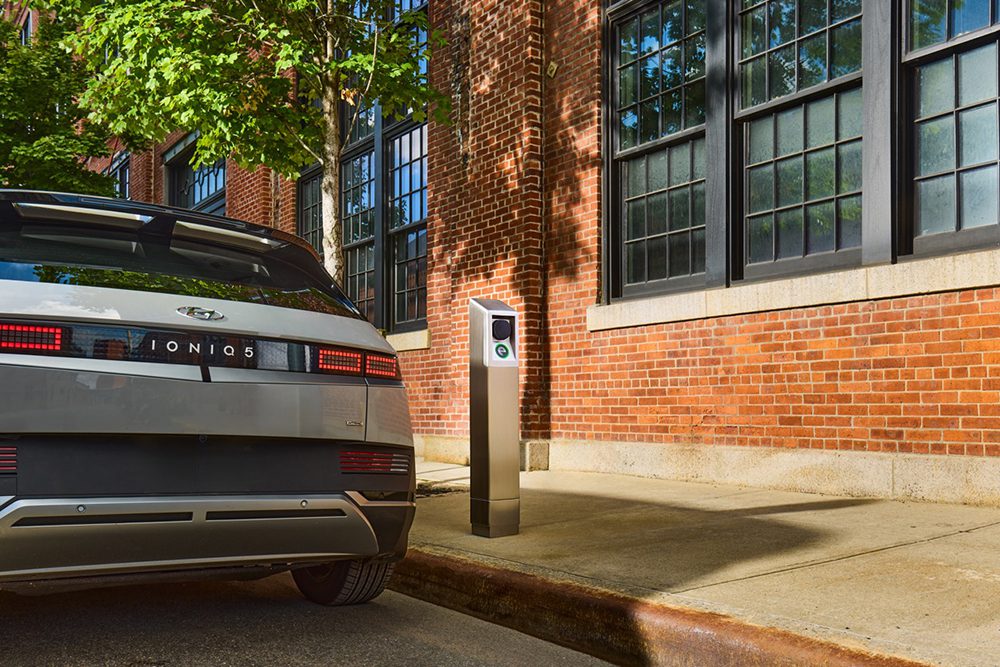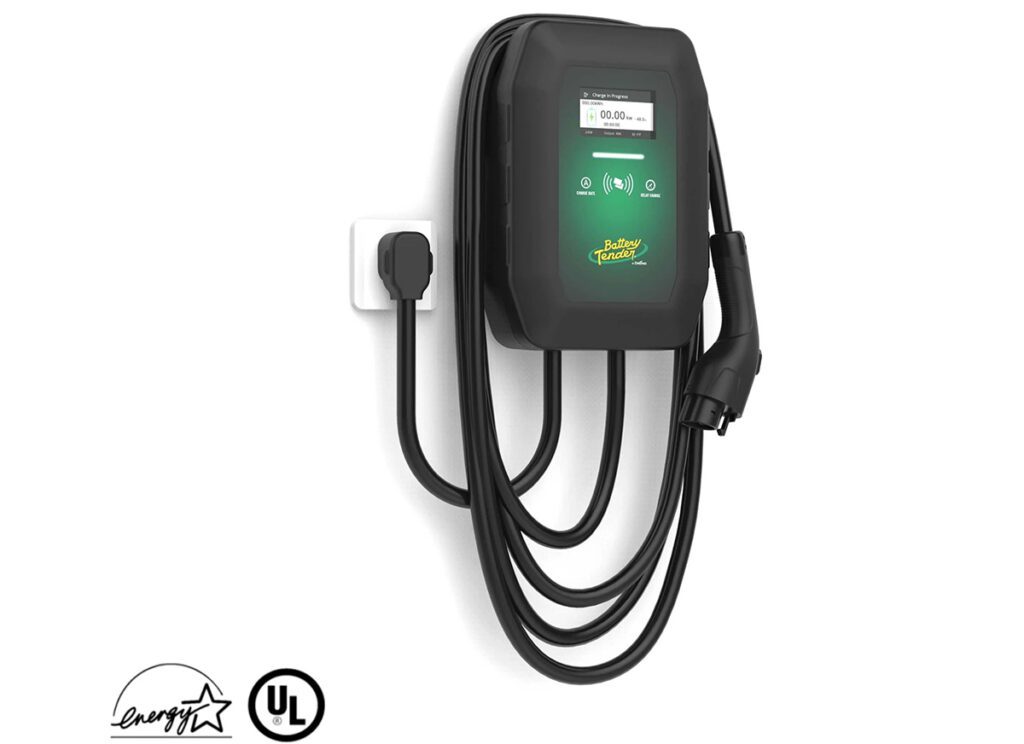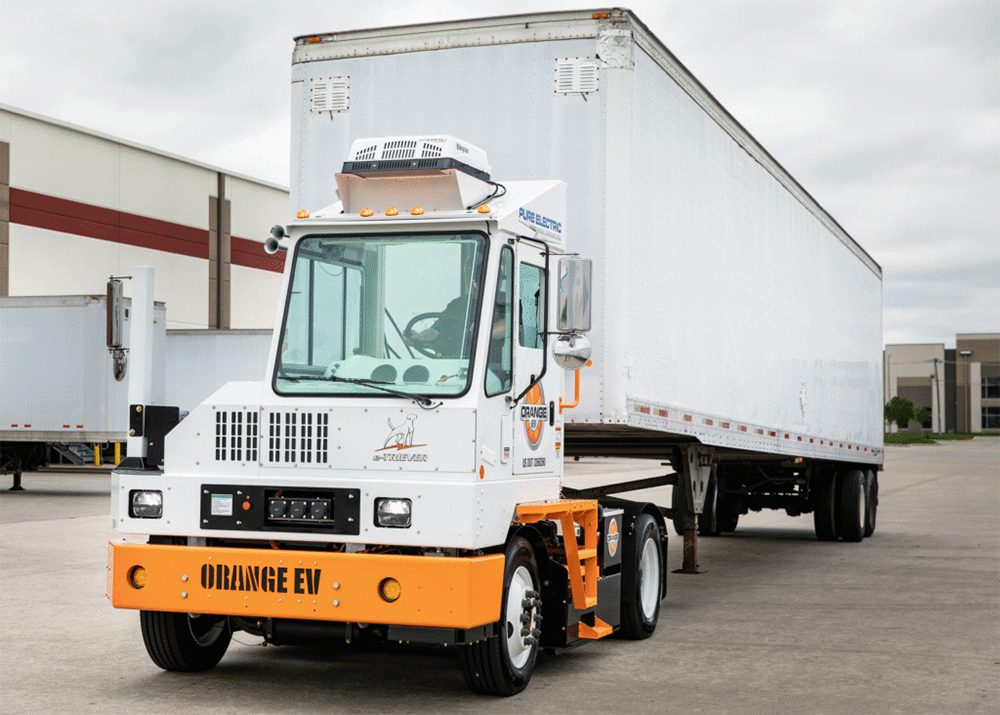A new study has found that electric buses have a lower total cost of ownership (TCO) than diesel counterparts, once all health-related costs are factored in.
The study, which was performed by Transport & Environment (T&E), a European NGO that campaigns for cleaner transportation, found that electric buses make up about 9 percent of new bus purchases in European cities.
The two types of buses are basically even when it comes to TCO to cities when health costs related to air and noise pollution are considered. However, when climate-related health costs are factored in, electric buses come out ahead.
“Electric buses are the superior choice in every respect now. They have no tailpipe emissions, they’re quiet, comfortable and economical,” said T&E Analyst Lucien Mathieu. “If mayors and regions are serious about tackling the air quality and climate crises, the only rational decision is to buy electric buses from now on.”
The study cites findings by the European Economic Area, which says ozone is at dangerous levels for between 95 to 98 percent of the population. Also, levels of nitrogen oxide – which originates mostly from diesel engines – were responsible for the early demise of an estimated 79,000 individuals throughout 41 European countries in 2015.
The solution isn’t as simple as buying more electric buses, however, as there are two main barriers preventing the establishment of an all-electric fleet. First, the study said, electric buses have higher upfront costs and second, there’s not enough policy support to stimulate supply and demand to bring the cost down.
The average cost for an electric bus is around $750,000, versus $435,000 cost for a legacy diesel bus.
Sources: Transport & Environment, Forbes







